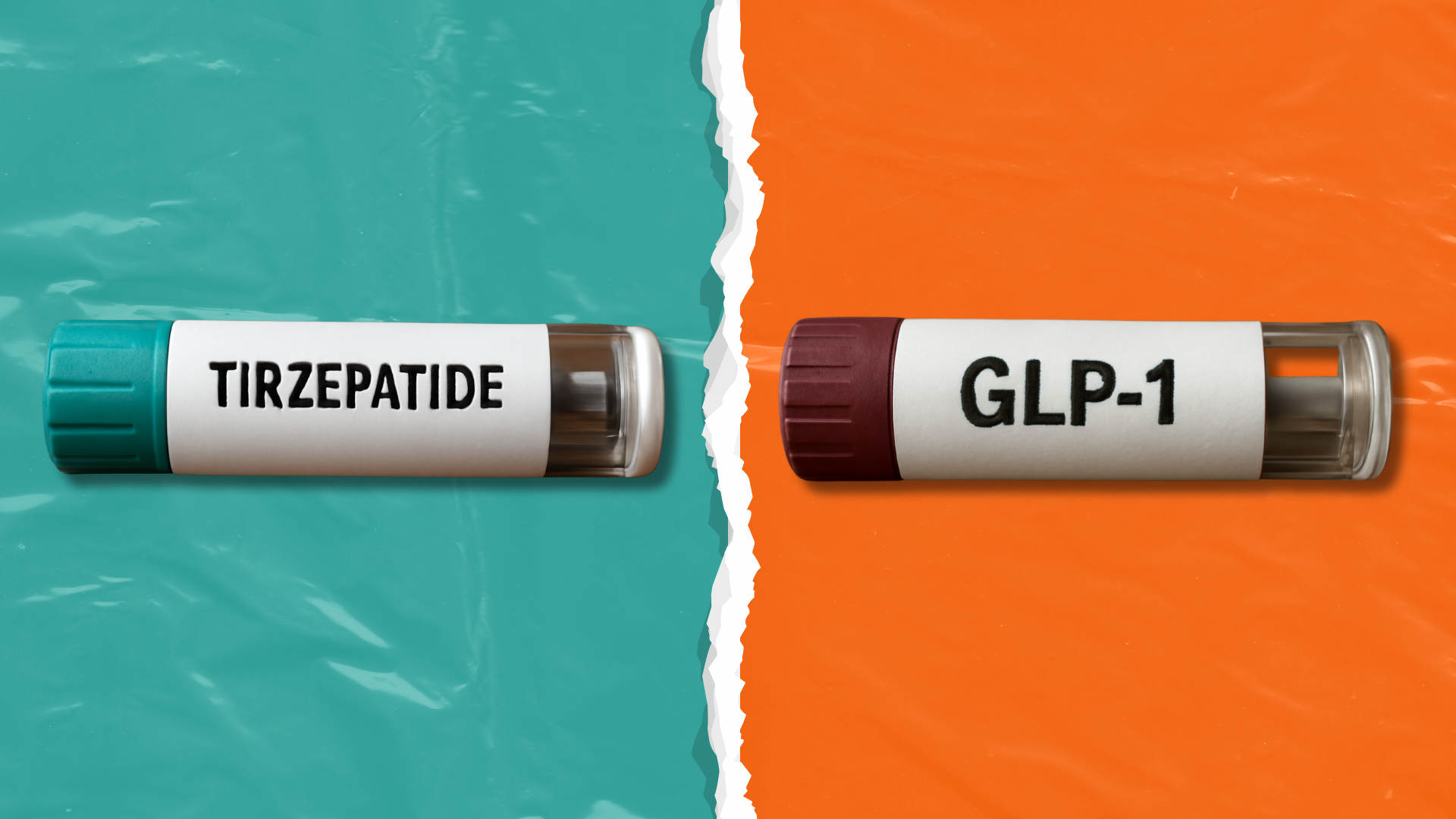A New Frontier in Cardiovascular Health
Cardiovascular disease remains the leading cause of death in the United States, with atherosclerosis—characterized by plaque buildup in the arteries—playing a central role. While lifestyle changes and medications like statins remain the first line of defense, there is growing interest in regenerative therapies that may complement these approaches. Among them, mesenchymal stem cells (MSCs) have emerged as a potential tool to support cardiovascular function and reduce inflammation.
At ATX Infusion and Wellness, we stay informed on cutting-edge research into cellular therapies. For patients considering MSC infusion, it’s essential to understand what current science supports—and where further research is needed.

What Are Mesenchymal Stem Cells (MSCs)?
MSCs are a type of adult stem cell that can be derived from sources such as bone marrow, adipose tissue, and umbilical cord. They are capable of differentiating into various cell types and are widely studied for their anti-inflammatory, immunomodulatory, and tissue-regenerative properties.
In cardiovascular contexts, MSCs have been investigated for their ability to:
- Improve blood flow to damaged heart tissue
- Reduce scar tissue after heart attacks
- Support vascular repair
- Modulate immune responses that contribute to plaque buildup

MSCs and Heart Health: What the Research Shows
Clinical trials over the last decade have offered promising insights. Studies such as the POSEIDON trial (2012) and TRIDENT study (2017) found that MSC infusions in patients with ischemic cardiomyopathy were safe, well-tolerated, and associated with reduced scar size and improved cardiac function.
Similarly, the MSC-HF trial (2015) demonstrated improvements in ejection fraction (a measure of how well the heart pumps) and a reduction in hospitalizations among heart failure patients treated with autologous MSCs.
These studies show a consistent trend: MSCs may help repair cardiac tissue and improve quality of life for patients with heart damage. However, their direct impact on atherosclerotic plaque and calcium buildup—two key markers of cardiovascular risk—remains an open question.

Can MSCs Reduce Plaque or Improve Calcium Scores?
A growing body of preclinical research (primarily in animal models) suggests that MSCs might play a role in stabilizing atherosclerotic plaques and reducing inflammation within the arteries. For example:
- A 2015 study in Scientific Reports observed that mice treated with MSCs had a 33% drop in serum cholesterol and a 77% drop in inflammatory markers, which could correlate with slower plaque development.
- A 2023 study in World Journal of Stem Cells found that modified MSCs targeting specific cell receptors could more effectively reduce atherosclerotic plaque in animals.
Despite these encouraging signals, human data are still limited, especially when it comes to coronary artery calcium (CAC) scores. CAC is a noninvasive imaging metric used to assess calcified plaque and predict heart disease risk. To date, no major clinical trials have demonstrated that MSCs reduce calcium scores or measurably shrink plaque volume in humans using advanced imaging tools like CT or intravascular ultrasound (IVUS).

What Could Be Happening Behind the Scenes?
Researchers hypothesize that MSCs may work through paracrine signaling—releasing molecules such as VEGF (vascular endothelial growth factor) and HGF (hepatocyte growth factor) that promote blood vessel repair, reduce inflammation, and possibly slow plaque progression. These mechanisms could support plaque stability, potentially lowering the risk of rupture that leads to heart attacks or strokes.
Still, because atherosclerosis progresses slowly, the impact of MSCs on measurable plaque volume or calcification may take years to observe—and remains a focus for future long-term trials.

A Balanced Outlook for Patients
For patients considering MSC therapy, it’s important to maintain realistic expectations. While early research supports the use of MSCs in improving heart function and inflammatory balance, their role in reversing atherosclerosis is not yet proven in large-scale human studies.
However, for individuals managing cardiovascular risk factors—or those seeking complementary support to conventional care—MSCs may offer an adjunctive option worth discussing with a qualified healthcare provider.
At ATX Infusion and Wellness, we are committed to providing evidence-informed guidance and personalized care plans. Our team is happy to discuss how emerging therapies like MSC infusion might fit into your broader wellness goals.
Note: Patients should always consult their primary care physician or cardiologist before beginning any stem cell-based treatment, especially if they are currently being treated for heart disease or atherosclerosis.

















